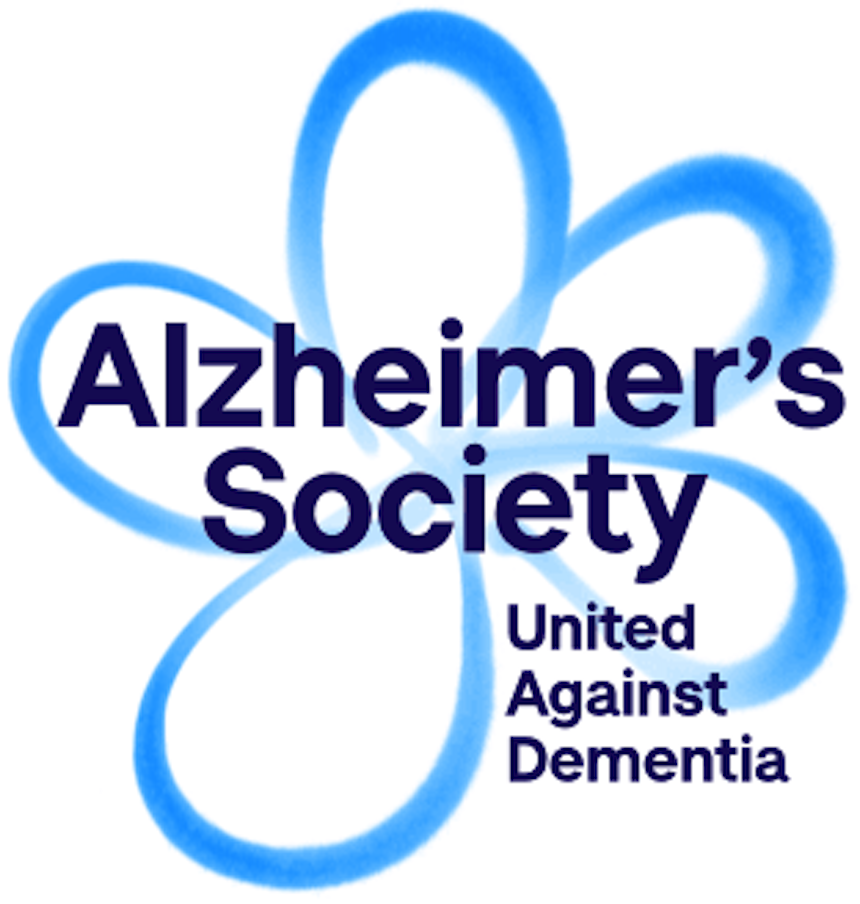Apathy
Apathy can be described as a lack of interest in things or a persistent loss of motivation to do things. Apathy is much more common among people with dementia than in older people without dementia. The person might not do anything or want to do anything for a long time, just sit in their chair or sofa. You will most likely experience that a person with dementia and apathy has less motivation, as well as some of the following changes:
- Absence of energy and effort to do everyday tasks (such as cleaning, cooking, personal hygiene)
- Relying on others to structure daily activities
- Absence of interest or curiosity regarding new things (such as people or conversation)
- No concern regarding their own problems
- Absence of emotional responses to news or personal events
It’s not easy to know whether a person has depression or apathy. They might seem like they have lost interest in everything and even look unhappy. The main difference between apathy and depression is that a person with depression will have feelings of sadness, be tearful, feel hopeless or have low self-esteem. A person with apathy alone will not have these symptoms of low mood, more a feeling of being without energy or initiative. It might be possible to help the person become interested in life and activities again, but it will most likely take time and effort on your part.
Do not force the person.
Try to persuade the person gently, but it’s not always possible to get the person to do something. Insisting or forcing the person to do certain activities or tasks might just upset the person to such a degree that the upset outweighs the possible benefit of the activity.
Make sure the tasks/ activities are manageable.
Maybe the person has withdrawn because they experience that things gets too complicated. Try suggesting activities that they can manage.
Focus on the positive.
When things get hard or difficult, remind the person of all the things they are capable of. Don’t focus on what they did not manage.
Keep a daily routine.
Predictability and tasks and activities the person manages, enjoys and finds meaningful may help the person contribute to daily life.
Break tasks down into manageable chunks.
It’s easier to manage several smaller steps than one bigger step. It might help the person to feel like they are achieving things.
Gently prompt or help the person.
You might need to gently promt, offer help or maybe start an activity to get the person going. Encouragement, when appropriate, can help to keep the person engaged. Be positive and focus on what they have achieved.
Don’t criticise the person.
Try to remember that the person is not lazy, unhelpful or uncaring by choice. It’s a part of the disease.
Try to remain calm.
It might be very frustrating that the person doesn’t react or engage in activities. The person with dementia might pick up your negative mood and become even more frustrated or more withdrawn.
Take care of yourself.
Take a break, get some fresh air, talk to someone you trust or a support group.
- Don't force the person
- Persuade the person gently
- Make sure the tasks/ activities are manageable
- Focus on the positive
- Keep a daily routine
- Break tasks down to manageable pieces
- Gently promt to help the person
- Don't criticise the person
- Take care of yourself, take a break




https://www.dementiaguide.com/
Comments
Sign in or become a DemiCare member to join the conversation.








